The negative impacts of our consumerist society on the planet and its people weighs heavily on many of our shoulders. Cascading global climate crises, modern day slavery, fast fashion and waste – these things can take up a lot of mental space, depleting us of motivation, energy and sometimes hope. But as consumers, we have more power than ever before to effect positive change and demand better from the companies we buy from.
We live in a time where the tides are starting to turn; a world where there’s enough choice that we can reward or ‘vote for’ organisations who are doing good with our business, catapulting impact and purpose to the top of the agenda for brands and consumers alike.
In honour of Earth Month and the urgent action needed to address climate change, we have compiled a list of ethical alternatives to make it easier for you to put your most eco-friendly foot forward, while supporting B Corps from across Australia and Aotearoa New Zealand who are putting the planet first at the same time.
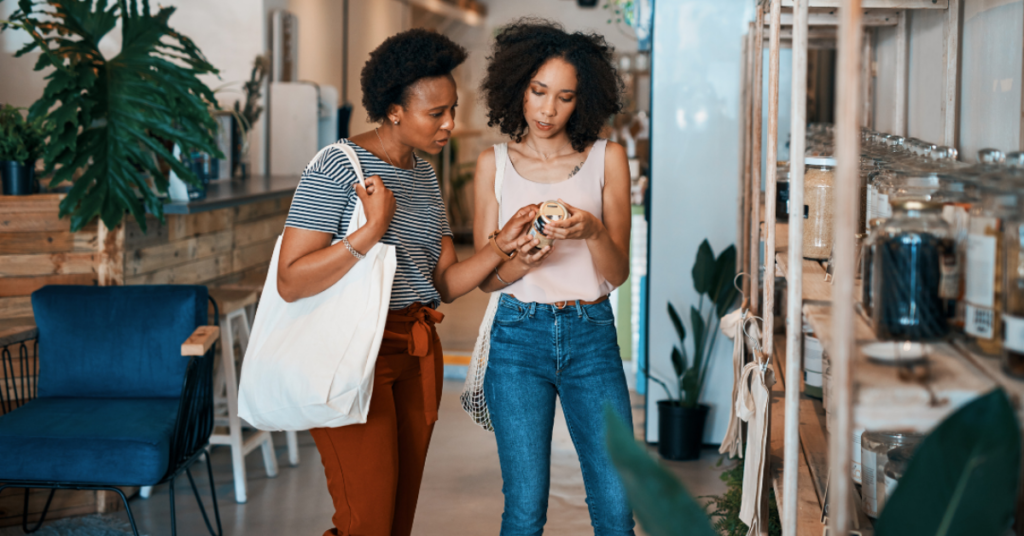
Photo: Canva
1. Ditch the single-use and go reusable all the way
We know that plastic takeaway cups, containers, cutlery, and single-use drink bottles are no good for the environment. One plastic-lined coffee cup takes up to 30 years to decompose, plastic straws take 200 years, and a single-use plastic water bottle takes 450 years to entirely decompose. These items are often used for mere minutes before being tossed to the curb, or into a bin, where they end up having a lasting negative impact on our environment – it’s a hefty price for the planet to pay for convenience.
B Corps like BioPak are leading the way with advocacy campaigns to Ban the Bag, providing detailed strategic plans to help Australia and Aotearoa New Zealand businesses and communities transition to plastic free. With governments and companies across Aotearoa New Zealand and Australia tackling plastic pollution and working towards phasing out single-use plastics, why not get a head start so you’re always prepared whilst on the go?
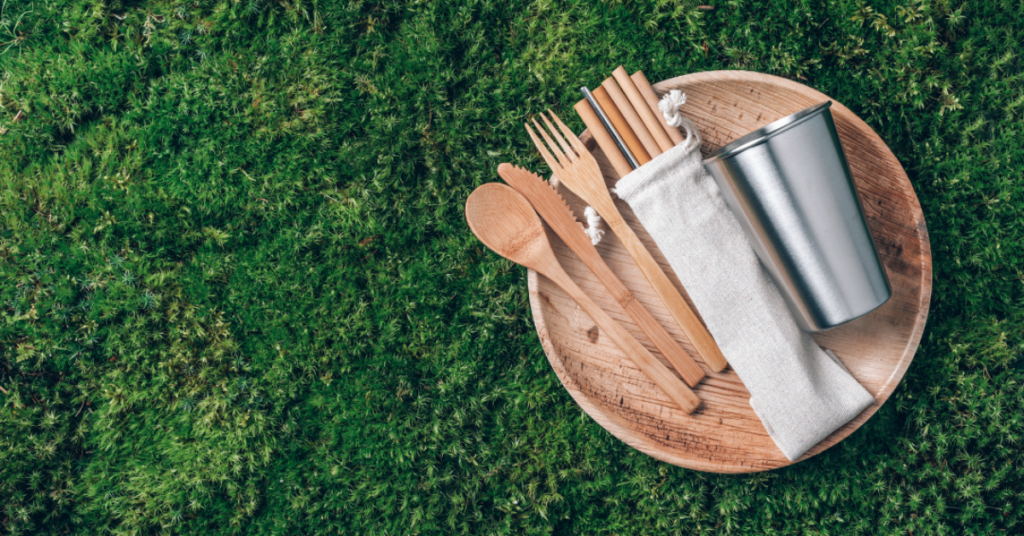
Photo: Canva
Whether it’s a new cup for your morning coffee, a water bottle to keep you hydrated throughout the day or even an old school lunchbox that makes you feel equal parts nostalgic, prepared and virtuous – B Corps such as Huskee, Keep Cup, and RePlated have so many great options to start (or continue) your reusable journey. There’s also memobottle, which creates convenient, premium and sustainable designs aimed to inspire positive environmental change and significantly reduce the consumption of single-use bottles globally.
However, making a more climate-friendly swap isn’t just about ditching single-use. If you’re already stocked for reusable items, perhaps seek out a café that uses twiice, a B Corp who has pioneered the way for tasty edible cups, or a company like Radish Events that’s committed to becoming a zero waste to landfill event caterer.
There’s also Grounded Goods Pty Ltd., a woman-led B Corp based in Victoria that makes it easy for people to switch from disposable cups and containers to reusable cups and containers while employing women from refugee and migrant backgrounds.
The great thing about the B Corp community is that there are so many options to choose from. Head over to the B Corp Directory and search ‘cup,’ ‘reusable,’ ‘bottle’ to make a more sustainable swap today.
2. Nourish your skin, nourish the planet
Sometimes a little skincare routine can make you feel like everything is going to be ok, or at least that you are giving something back to yourself while you work hard to change everything going on ‘out there’. Plus, if we ever needed extra incentive to make the switch – the total annual production of plastic from the health and beauty industry is a whopping 359 million tonnes ranging from the macro to the micro to the nano.
Businesses leading from the front with their planet-first and ethical skincare and beauty products such as Aesop, Sienna Byron Bay, Emma Lewisham, Kester Black, and Ethique not only help you to look your best and feel your best, but they give you the peace of mind that you’re spending your money wisely and in a way that isn’t damaging the environment.
The next time your bottle of moisturiser runs out, or you need a new cleanser, scrub, or even shampoo and conditioner, visit the B Corp Directory and search ‘beauty’ for all things that are not only good for you, but better for the planet too.
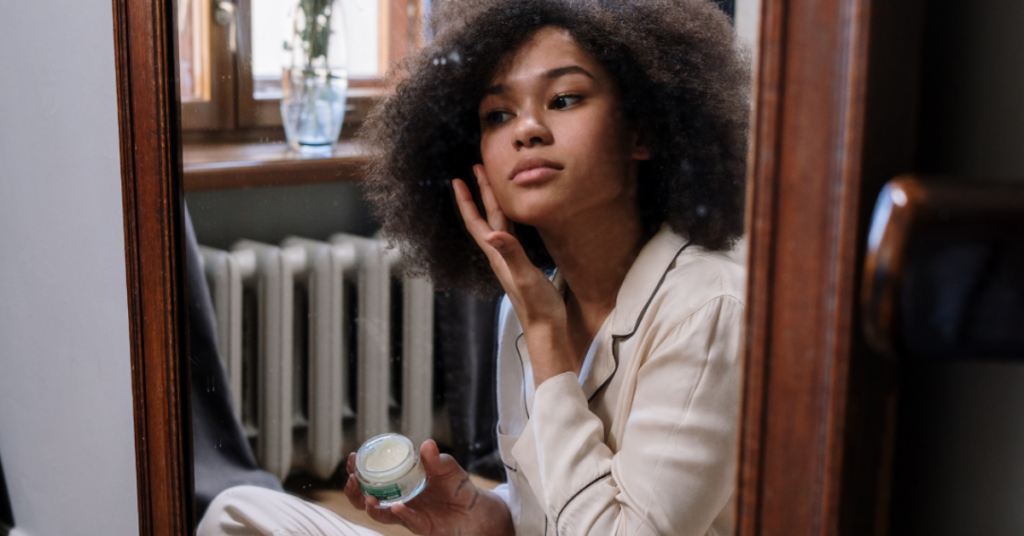
Photo: Canva
3. Swap everyday essentials for those that don’t leave a footprint
Items we use on the daily have a great potential to negatively impact the planet. But that also means there is huge potential for us to swap out the essentials for better options that reduce our environmental impact. So, what are some of the things you use every day and what alternatives are there?
Think: toilet paper from B Corps like Who Gives a Crap, or period underwear from AWWA and Modibodi. Then there’s plant-based and mineral laundry detergents that your clothes and the environment will thank you for, plus plenty of eco-friendly cleaning products from B Corps like ecostore. There’s even the world’s first stone paper sketchpad, notebooks, journals and planners, and treeless pencils thanks to B Corp Karst Stone Paper.
Search ‘household’, ‘bamboo,’ ‘cleaning,’ or ‘paper’ and you might be surprised by the variety of ethical options available for your everyday needs.
4. Pour yourself a better brew
For most of us that morning brew is a non-negotiable way to start the day. But there are often unseen environmental impacts of that regular cup of joe. According to B Corp 23 Degree Roasters, the carbon footprint of one cup of coffee may not seem a lot if you live alone or drink only a cup each day, but collectively, it adds up to approximately 153kg of CO2 each year. While it’s quite a complex number to calculate, between 40-50 percent of the carbon footprint is generated at the farm level throughout the growing, harvesting and processing activities, due to the use of synthetic fertilisers and pesticides in conventional coffee cultivations.
Here is a handy graph on the carbon footprint of one cup of batch brew coffee from cradle to grave:
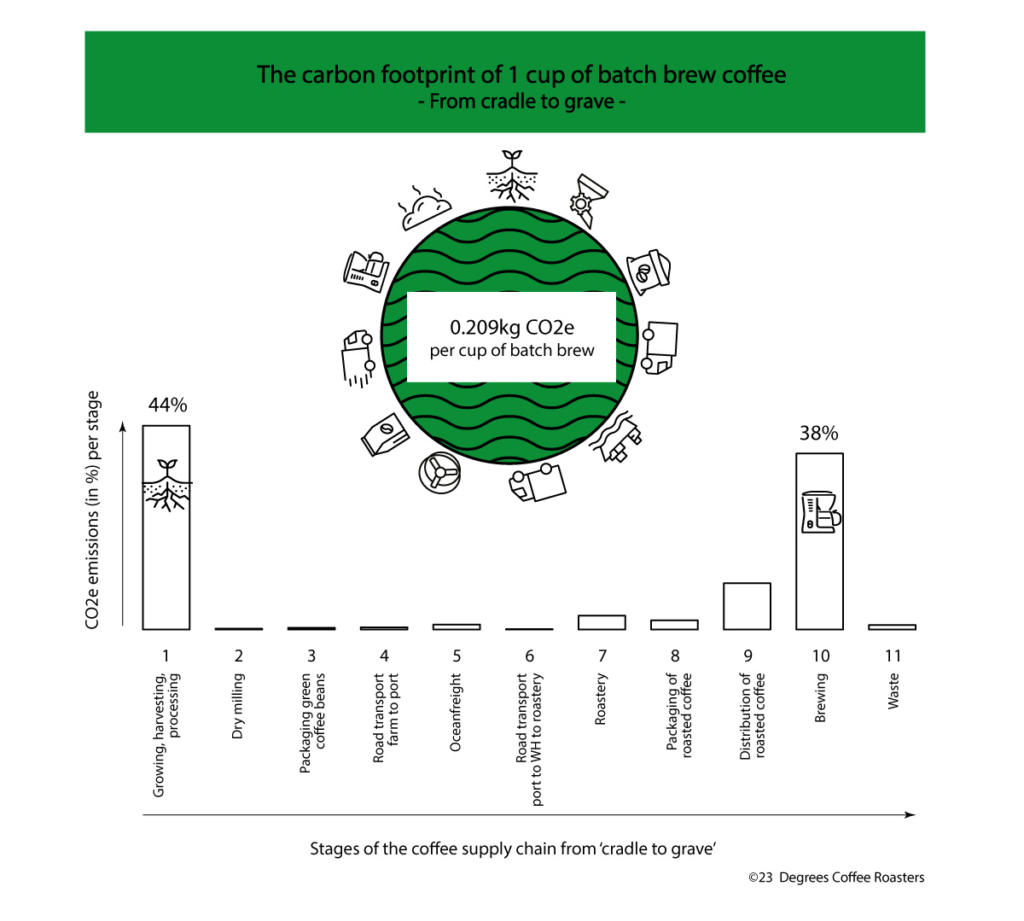
Image: 23 Degrees Coffee Roasters
If you’re looking to make your morning (or afternoon/evening) brew a more sustainable, organic and ethically-sourced one, try beans from B Corps like 23 Degrees Coffee Roasters, Sample, Sprout, Pablo & Rusty’s, Nomad Coffee or Jasper Coffee. And for the tea drinkers, there are always plenty of delicious brews to choose from at B Corp T2 or Frankie & Jet PTY LTD. Simply search ‘coffee’ or ‘tea’ on the B Corp Directory and smell the aroma through your screen.
5. Clean up your green
According to the Institute of Environmental Management and Assessment (IEMA), ethical investment funds returned 202.4% over a 15 year period, compared to 155.7% from non-ethical funds within the same timespan. This is significant. If doing better for the planet can be better for returns, then what are we waiting for? While this might be the prevailing wisdom within the B Corp community, there is still a long way to go to effect widespread change across the globe.
Climate think tank InfluenceMap recently reported that the world’s biggest 30 financial firms have provided at least US$740bn towards fossil fuel production during 2020-2022 while lobbying to weaken sustainable finance policy. With nearly two-thirds of all greenhouse gas emissions globally produced by just 90 companies, it’s well worth considering where your money is invested and how it’s being used if you are passionate about turning the tide on climate change.
Micro-investing through platforms such as Sharesies or Ethinvest, switching to ethical super funds like Future Super and Australian Ethical, or moving to a B Corp certified bank like Beyond Bank, Future Group Australia Holdings Pty Ltd, Kiwibank or Bank Australia are all more ethical finance options that can have a huge impact on the planet.
There are also plenty of options for creating positive impact through other forms of finance, be it your loans, accounting, bookkeeping, or philanthropy with companies like Pure Finance, Athena, Liberty Financial, or Tripple.
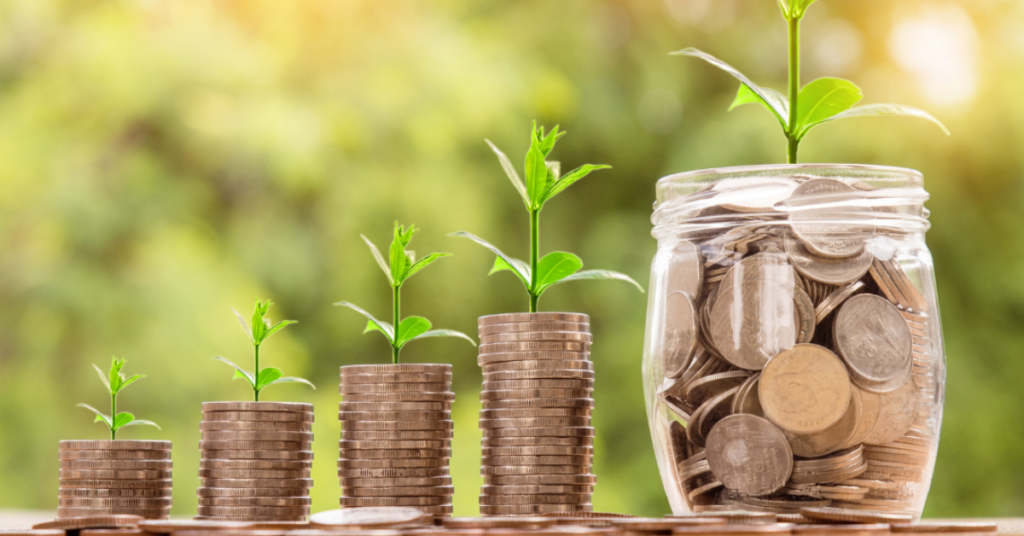
Photo: Canva
It’s about aligning your wallet with your values and prioritising the needs of all stakeholders over those of shareholders alone. In fact, as of September 2020, all B Corps are required to consider all stakeholders in decision-making and company constitutions. The purpose and stakeholder governance requirement codifies a commitment to operating a business with more than profit in mind. It means decisions are made not only to deliver returns for shareholders, but also to create positive outcomes for people, communities, and the planet.
If you are looking to make more sustainable or ethically-aligned choices when it comes to your banking, investing, superannuation or even your choice of accountant or mortgage broker – head over to the B Corp Directory and search ‘finance’ to see the companies that are focused on creating wealth and abundance for people, the community and the planet.
6. Cook up a storm, but with zero waste
Hungry for more swaps? We know you are! There are a vast range of food and drink companies within the B Corp community that are doing amazing things with their businesses to reduce food waste.
Research by the Fight Food Waste Cooperative Research Centre has identified that nearly 300kgs of food is wasted in Australia per person per year, with household food waste making up 2.5 million tonnes, or about 34% of the overall total amount of food wasted. In Aotearoa New Zealand, it’s over 122,547 tonnes of food a year – enough to feed around 262,917 people, or half the population of the Wellington region for 12 months. It’s a big problem, with a B-ig solution.
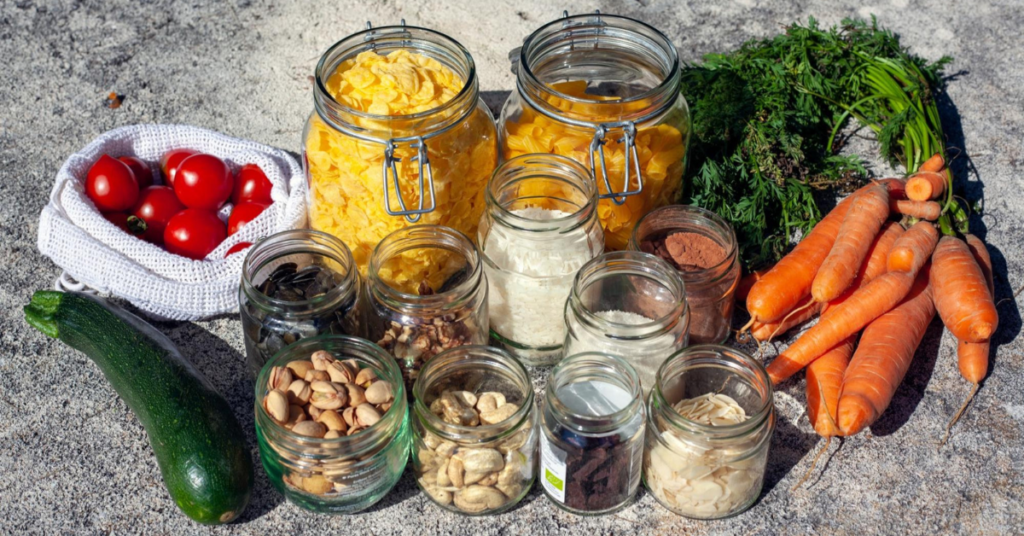
Photo by Jasmin Sessler on Unsplash
There are plenty of ways to reduce food waste from freezing food to increase its longevity, to buying local produce, composting, plant-based alternatives, and even sustainable storage solutions that help you be more mindful of the impact of your consumption habits on the environment.
Did you know: throwing away one burger wastes the same amount of water used for a 90 minute shower?
By planning out your meals, assessing what you have at home before you shop and repurposing leftovers, your food waste footprint can significantly decrease. So, in making a concerted effort to not waste your food, you end up saving money, soil, energy, and water.
Some B Corp favourites include lunch boxes made from recycled plastics from Replated, vegan mayo from Raglan Food Co, compostable food wrap from Flora & Fauna, plus Bennetto Natural Foods, producing exceptional chocolate that benefits people, animals, and the environment.
And let’s not forget about our furry friends! B Corp Scratch Dog Food was horrified to find that most pet food was made up of ground up dodgy meat, cheap ingredients, heavy bags, little transparency and 80% of it being headed up by two massive chocolate companies.
They set out to ensure that dogs and the planet sit at the top of their stakeholder list from day one, knowing our furry compadres and our planet will be better for it.
With over $175,000 in cash donated to climate action and dog welfare through their Paws for the Planet program, old mate’s treats come in recyclable packaging and all deliveries are carbon offset too. You love to see it.
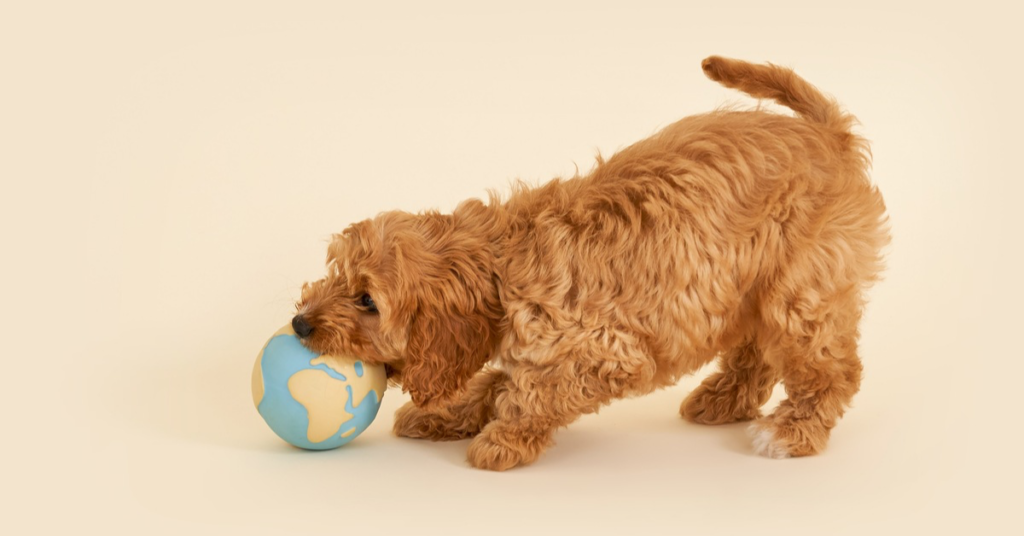
Image: Scratch
7. Fashion, but make it ethical
The impact of fast fashion on the planet is devastating and far-reaching, with millions of tonnes of clothes being thrown into landfill annually. Across Australia and Aotearoa New Zealand, 67 kilograms of clothing per person is discarded into landfill each year. Why so much?
The Founders of B Corp Citizen Wolf highlight that due to inaccurate sizing and being unable to forecast fashionable trends, clothing companies fail to sell around one-third of their products, meaning these textiles usually enter landfill.
The production of clothing alone contributes to 10 percent of annual greenhouse gas emissions. With most of these clothes discarded, precious materials and energy is wasted. Enter: B Corps like Clothing The Gaps, Olli Ella, Kathmandu, Untouched World and our newest addition The Sussan Group who are creating pieces that are ‘easy wear, easy care’.
For these fashion-forward B Corps, each material has been carefully chosen for its unique properties and low environmental impact. There’re also B Corps like Etiko, Duffle and Co., and Orba who are making remarkable products that support people and the planet, without compromising on quality and design.
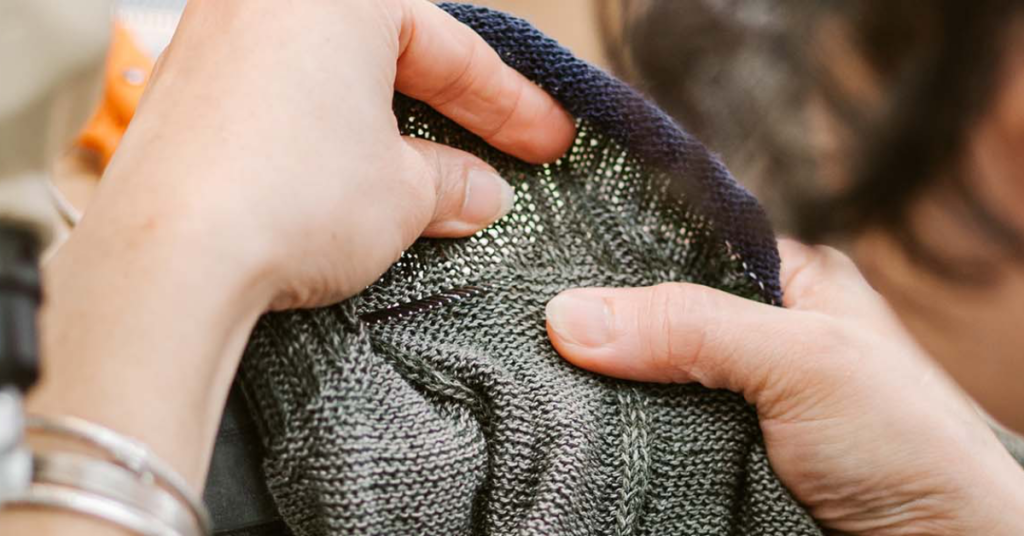
Image: Untouched World
Did you know: a garment purchased in Australia or Aotearoa New Zealand has likely passed through 100 pairs of hands before it reaches you, the wearer? (Baptist World Aid)
There are a growing number of B Corps changing the fashion game, and looking good doing it. Search for ‘clothing’ or ‘fashion’ in the B Corp Directory to support the B Corps doing good to reduce textile waste and the impact of fast fashion on the environment this Earth Month and beyond.
Read more: How B Corps are making the future of fashion traceable and transparent ↗
8. Make your home into a sustainable sanctuary
Comfort shouldn’t come at a cost to people or the planet. For many of us, our home is our sanctuary and the perfect opportunity to live amongst our values. Helping you surround yourself with home decor and furniture that is ethically-sourced and better for the planet, are B Corps like Koskela, Bindle, Salty Aura, Totem Road, and #GoKindly. There’s the barefoot luxury of Armadillo Co, heavenly mattresses from Koala or Ecosa, and – the list goes on.
Refining the ambiance in your home can also have a big impact on how you feel, helping you recharge your batteries to keep fighting the good fight. One way to achieve this is through more eco-friendly lights.
Not only does lighting account for 10 percent of the average electricity bill, most electricity is generated through the combustion of fossil fuels, with around 40 percent of global carbon dioxide emissions produced this way.
B Corps like Brightgreen have created sustainable LED downlights to help you set a more eco-friendly mood, or B Corps like Cool Planet and Green Moves who conduct residential energy assessments to make homes more efficient.
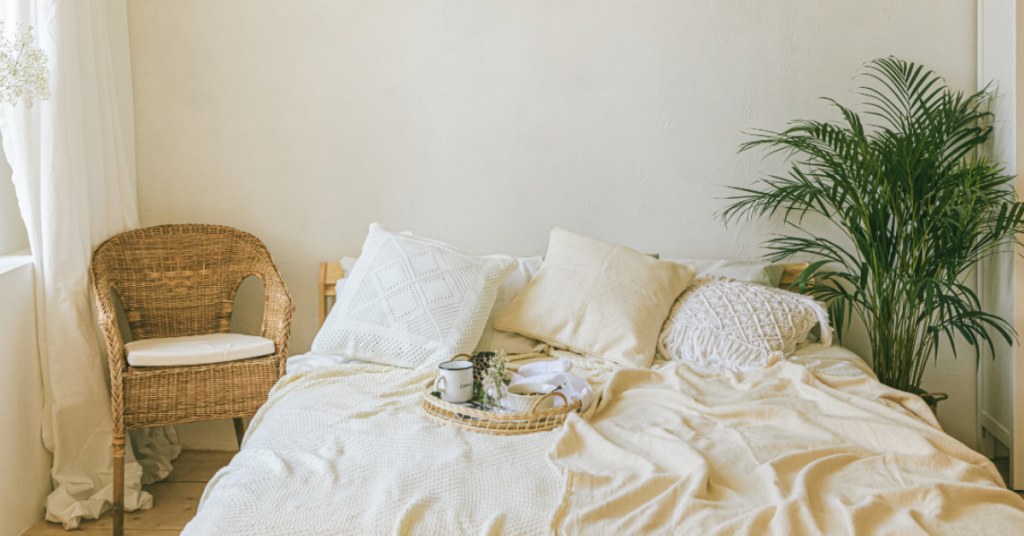
Photo: Canva
Find more ways to minimise the impact of modern throwaway culture by creating soulful, sophisticated and most importantly – sustainable – homes by searching ‘furniture’ or ‘energy’ in the B Corp Directory.
9. Dial up these tech-tastic swaps that are better for the planet
Technology – we can’t live without it, and these days almost anything is accessible for most of us in the palm of our hands or with a few clicks of a button. But too many of the technologies that we rely on for our work, entertainment and communication are hurting our planet.
A recent study of internet users Down Under estimated that 81 kilograms of carbon dioxide was emitted by each user every year.

Ecosia is a B Corp (German, with operations in Australia) helping users to plant trees simply by searching the web. There’s CarbonClick, an enviro-tech B Corp making it easy for individuals and businesses to offset their carbon footprints. We can even switch to a B Corp broadband service like Aussie Broadband or an ethical telco like Goodtel and make a traceable difference to the planet. But one vastly neglected way that we can reduce our impact on the planet and take action this Earth Month is responsible recycling of our e-waste.
Electronic waste or ‘e-waste’ is defined as waste in the form of electrical or electronic equipment, devices or other materials designed to generate, transfer or measure an electric current or electromagnetic field.
It basically means any device that has a plug, battery or power cord that is no longer working or wanted that we often discard from our homes and businesses (or keep in a drawer forever!) from monitors to printers, old phones and even calculators. And in Australia, e-waste is growing three times faster than any other type of waste.
So, if you’re looking for leaders in the safe and responsible collection and recycling of e-waste, B Corps have you covered. From Australia and New Zealand Recycling Platform (ANZRP) to Brightly, ensuring that you recycle your e-waste properly when you upgrade your laptop or smartphone is another way to minimise your impact on the planet. And they have plenty of resources to help you dispose of your e-waste correctly.
From switching up your broadband provider to finding an eco-friendly and responsible way to recycle your e-waste, there are plenty of B Corps dialling up the sustainability this Earth Month. Search ‘technology’ or ‘e-waste’ in the Directory to find out who they are.
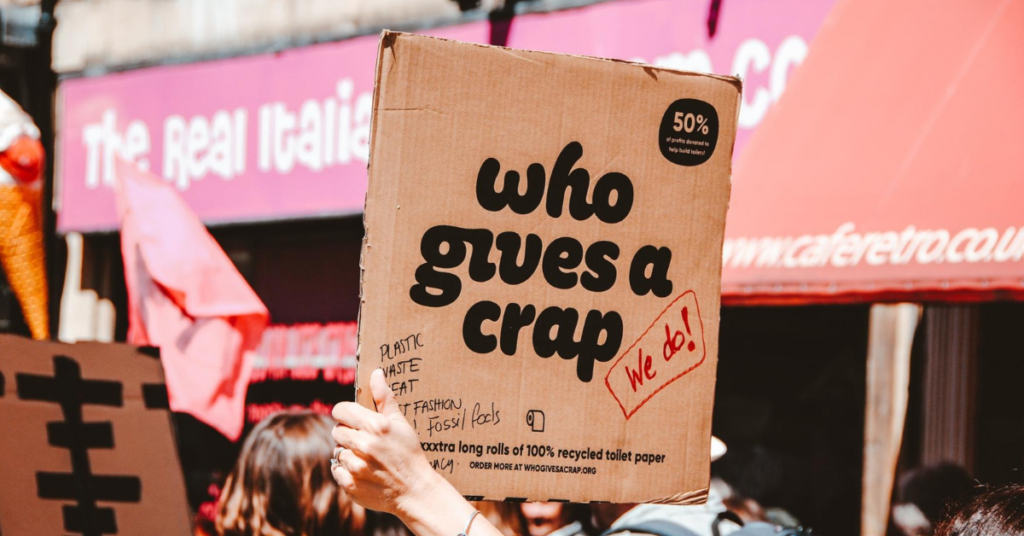
Photo by Hello I’m Nik on Unsplash
Power in numbers
There is power in numbers, and it’s up to all of us as both businesses and consumers to tread lighter on the planet and make small choices every day that add up to big change over time. We are all interdependent.
Whether Earth Month is the reason you reevaluate your fashion, your finances or your furniture, or you are simply looking to support more B Corps with your custom – we hope you’ve found plenty of inspiration with these nine nifty alternatives.
The B Corp Directory is free and available to help you find and search the hundreds of businesses in our region paving the way for a more sustainable future.
For businesses looking to protect our planet, visit the B Corp Climate Collective’s Tools Base. This set of tools, curated in partnership with Oxford University, can help set you on the path toward achieving net zero emissions by 2030.

